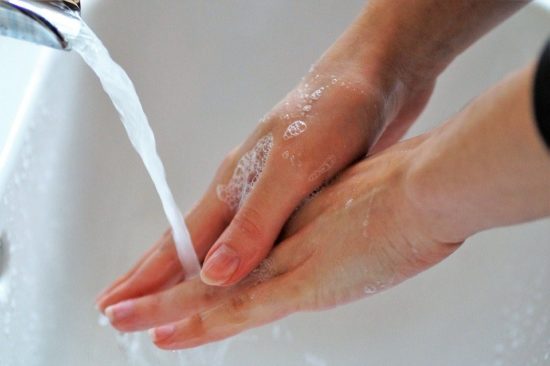Handwashing is not just for coronavirus – how good hygiene could help reduce antibiotic use
One in six mobile phones have faecal matter on them. Globally, people wash their hands after using the toilet roughly one in five times. An office work station has 400 times more microbes than a toilet seat.
Improved everyday hygiene practices not only slow the spread of COVID-19, they also play a crucial role in reducing the risk of common infections and driving down antibiotic use. Home and community hygiene needs to be included as part of plans to reduce hundreds of thousands of deaths a year from antimicrobial resistance (AMR), according to a new paper developed on behalf of the Global Hygiene Council.
According to the paper, between November 2019 and March 2020 there were 16,500 deaths linked to SARS-CoV-2; in this same time 258,000 people would have died as a result of AMR.
AMR NEWS
Your Biweekly Source for Global AMR Insights!
Stay informed with the essential newsletter that brings together all the latest One Health news on antimicrobial resistance. Delivered straight to your inbox every two weeks, AMR NEWS provides a curated selection of international insights, key publications, and the latest updates in the fight against AMR.
Don’t miss out on staying ahead in the global AMR movement—subscribe now!





